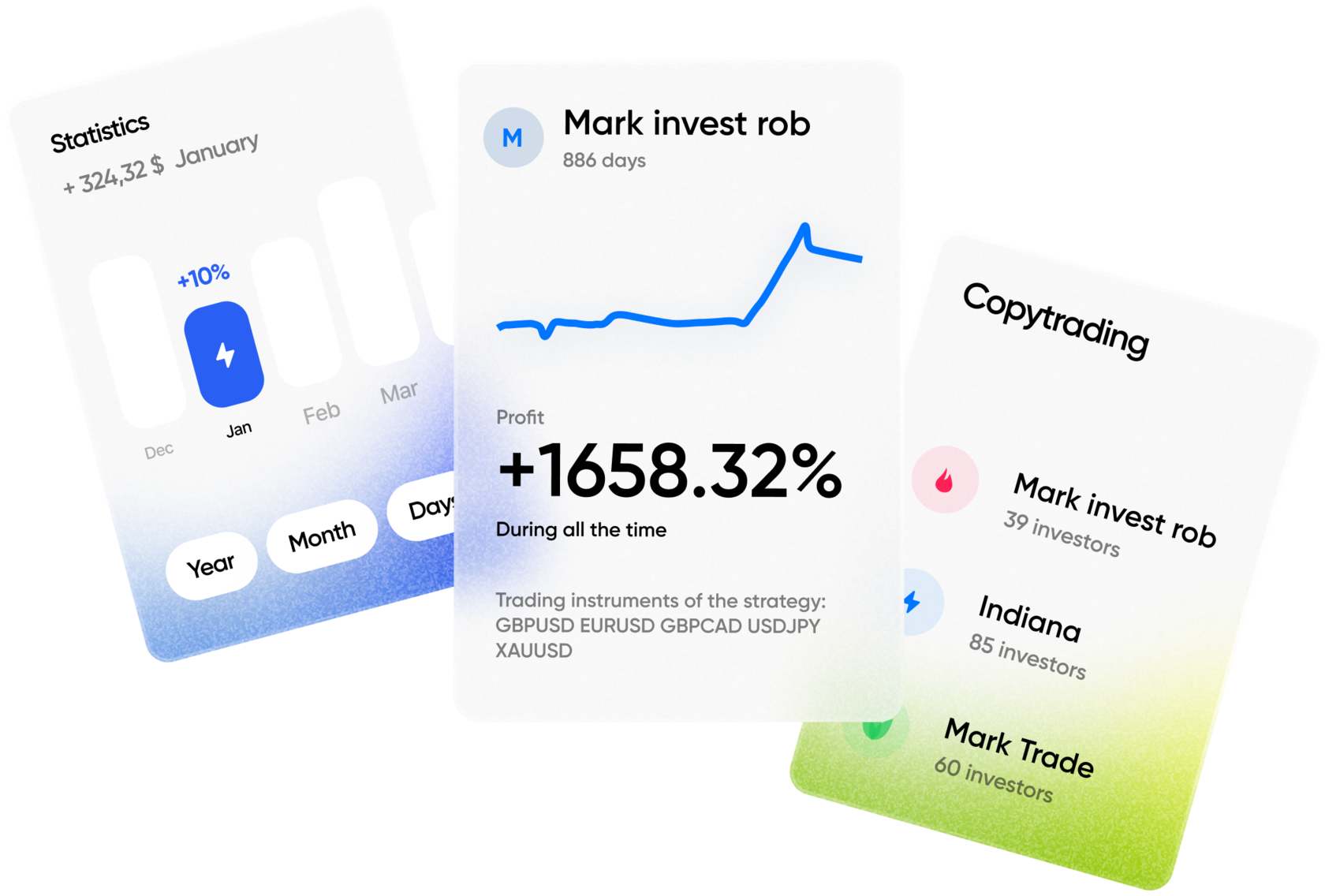This week, market participants are turning their attention to the financial results of major U.S. retail companies. These earnings reports are expected to provide important insights into how recent shifts in U.S. trade and tariff policy are affecting consumer demand, supply chains, and overall economic performance. According to Bloomberg, the retail sector’s results will also serve as a litmus test for the resilience of the recent stock market recovery, which was fueled by the easing of tensions between the United States and China.
Investor concerns about a potential recession triggered by steep tariffs imposed under President Donald Trump’s administration had begun to fade after the announcement of a temporary trade truce. The agreement to reduce mutual tariffs between Washington and Beijing brought renewed optimism to global financial markets. However, recent comments from top retail players have brought the sector back under scrutiny.
Last Thursday, Walmart, the largest retailer in the United States, issued a cautious statement suggesting it may be forced to raise prices due to elevated import duties. The announcement came despite the partial rollback of tariffs and sparked fresh questions about the depth of inflationary pressure and the vulnerability of retailers’ profit margins. The warning also raised broader concerns about how much relief the recent tariff reduction will actually bring to companies that rely on complex international supply chains.
Other major retail chains, including Target, Costco, and Home Depot, are scheduled to report their earnings later this week. Investors and analysts will closely examine these reports for indications of pricing strategies, inventory levels, and any forward guidance that might reflect shifting cost structures. Several retailers have already begun adjusting their procurement strategies and supplier networks in response to trade uncertainty. Many have also been accelerating automation and domestic sourcing initiatives to reduce exposure to overseas tariffs.
Matthew Maley, chief market strategist at Miller Tabak, emphasized that Walmart’s price warning is particularly noteworthy given that it came after a significant reduction in tariffs. He pointed out that this suggests either the existing tariffs are still substantial or that companies are struggling to absorb higher costs that have already built up over the past months. “It shows that even partial relief may not be enough to fully offset the inflationary pressures these businesses are facing,” he said.
The retail sector is a bellwether for the broader economy due to its direct connection to consumer spending, which accounts for more than two-thirds of U.S. GDP. As such, any slowdown or margin squeeze in this space could have ripple effects across multiple industries, including transportation, manufacturing, and services.
Meanwhile, the National Retail Federation (NRF) released a statement urging policymakers to provide long-term clarity on trade policy. The organization stated that fluctuating tariffs make it difficult for companies to plan, price products, and manage inventory. Retailers are calling for more predictability as they finalize their procurement strategies for the second half of 2025, particularly ahead of the holiday season.
On the markets, retail stocks remained volatile in Monday’s session. Walmart shares slipped 1.2% after its statement. Target and Costco also dipped slightly, while Amazon and Best Buy saw minor gains. The S&P Retail Select Industry Index ended the day flat after earlier fluctuations. The broader S&P 500 index added 0.4%, continuing its gradual climb since the tariff détente announcement.
Investors are also watching for consumer sentiment data and retail sales figures for April, which are set to be released later this week. These data points will offer further clues about whether American consumers are becoming more cautious in their spending habits and how inflation expectations are shaping buying behavior.
In short, the retail earnings season is shaping up to be a critical juncture for both Wall Street and Washington. The results and commentary from industry leaders could influence not just market sentiment but also upcoming policy decisions on trade, inflation management, and economic stimulus.







